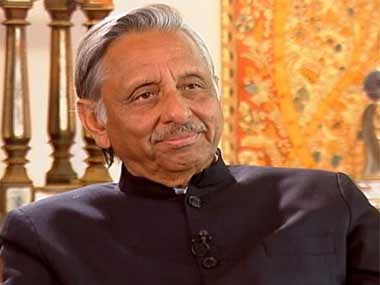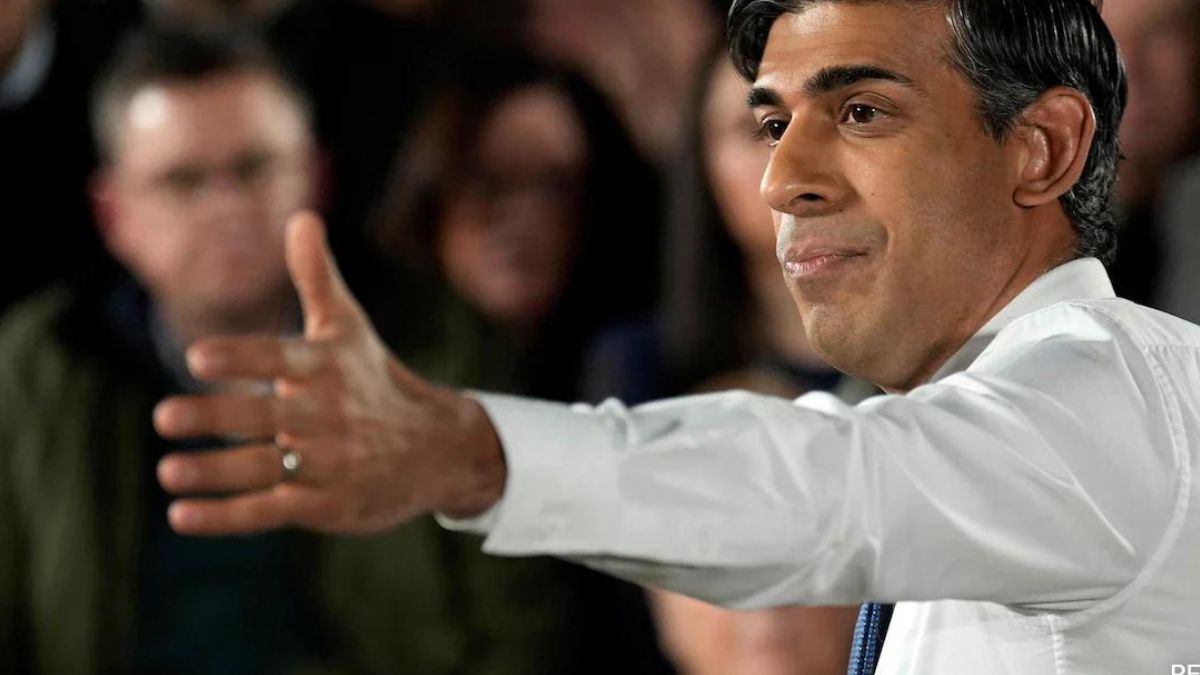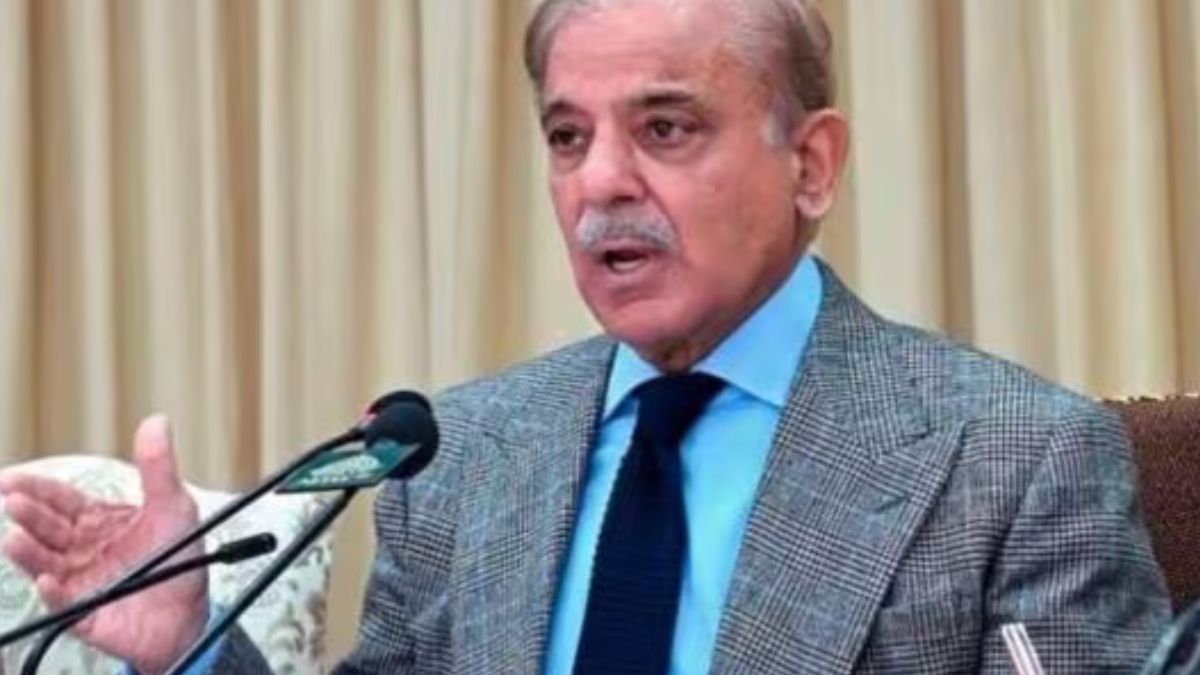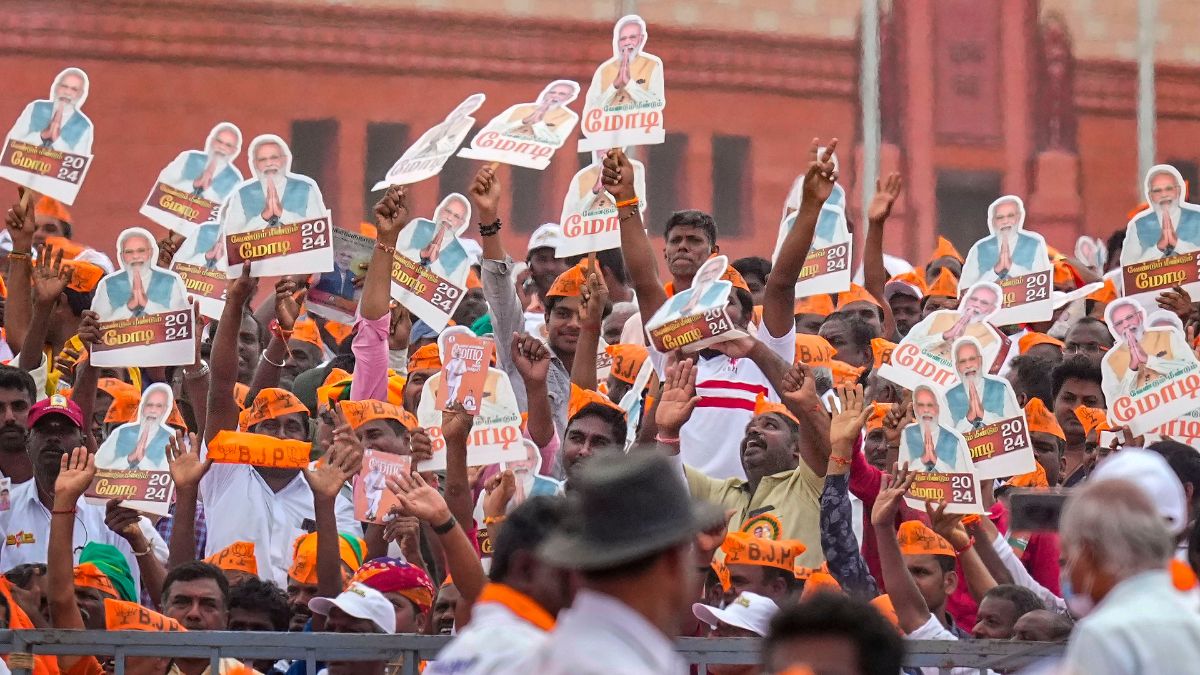Senior Congress leader Mani Shankar Aiyar defended the UPA government from criticism that it has given Pakistan an escape route over the killing of five jawans on the Line of Control, and said that continuing to talk to Pakistan did not mean that India was giving its neighbour a free pass over the incident.
“Diplomacy is about talking,” Aiyar said during a panel debate on CNN-IBN. “War is about not talking; allowing the guns to talk for you. While I do not know whether talks will lead to a solution, I do not think not talking will lead to a solution.
Aiyar pointed out that even at the height of the Cold War, the United States and the former USSR continued to talk to each other even though they disagreed on just about everything. Even today, there is dialogue between the United States and Iran, for example, or the United States and North Korea. Just because Pakistan denies that the incident on the LOC took place, does not mean India cannot voice their objects to the “senior most Pakistani,” he said.
His comments came in response to criticism from the BJP, who insisted that Defence Minister AK Antony’s statement in Parliament was misleading and had given Pakistan wriggle room because it did not categorically state that the men who ambushed the Indian Army patrol belonged to the Pakistan Army.
The killing of Indian five soldiers along the Line of Control in Poonch by a group of around 20 men comprising both militants and Pakistani soldiers sparked massive outrage and has led to angry scenes in both houses of Parliament.
Antony’s statement described the men as being dressed in Pakistan Army uniforms, which Aiyar said, did not exclude the possibility of their being members of the army. The defence minister was simply making the most precise statement he could make given the information he had at the time. Anthony is expected to make another statement on the situation in Parliament today.
Ravi Shankar Prasad, the deputy leader of the opposition in the Rajya Sabha, pointed to the statement released by the Army which did categorically state that some of the intruders were Pakistan Army soldiers, and wanted to know why the defence minister had made a different statement. It is, he said, a case of the “defence minister vs the armed forces”.
Aiyar’s response was to say that the title of the minister’s statement still named the Pakistan Army and that in any case, “the authoritative statement in Parliament cannot be given by a PRO. It can only be given by the defence minister.”
When the debate turned to the issue of Aiyar being called a Pakistani agent in the Upper House on 6 August, he said that none of the opposition members came to his defence then, including Prasad, who should denounced the allegation. At that point, Prasad decided he would no longer be part of the panel, removed his mike and stormed out.
Kanwar Sibal, an ex-Indian Foreign Service Official, said the spat the between the two parties was not only showing India was a splintered country but taking the focus off the main issue, which is Pakistan’s actions, and turning India into a laughing stock.
“Nobody is focusing on Pakistan’s denial,” he said. “So they will not learn any lessons or give us any explanations.”
Sibal called on the government to take a tough stand and hold Pakistan responsible for the Jihadist violence that had taken place. He disagreed with Aiyar on the value of dialogue - “What is more important? India’s security or dialogue for the sake of dialogue?” - and said that India should wait to uncover what Nawaz Sharif’s real motives are before engaging with his government. Otherwise India runs the risk of letting Pakistan deny all the claims against them while continuing to press for what they want from India.
“We have been lodging strong protests for so many years and nothing has happened,” he said. “We need to find out what our options are.”
Aiyar, of course, disagreed with him, saying India could not have a coherent foreign policy without dialogue with Pakistan.
Amit Baruah, the former Pakistan correspondent for the Hindu and author of Dateline Islamabad, said the issue [of Anthony’s statement> has been “blown out of all proportion. An absolute non-issue has been made the central point,” he said.
Whether someone was wearing or not wearing a uniform was beside the point. Everyone understood that neither side could breach the Line of Control without the support or assistance of either army. The kind of hysteria that Parliament was drumming up was therefore not beneficial in anyway and leaves no room for debate.
“You don’t talk to people because you want to say nice things to them,” he said. “You talk to them because you want to say hard things to them.
Baruah was also critical of the BJP’s attack on Antony, saying the defense minister had every right to make a statement that was different from his PRO. The attack also obfuscated the real issue, which was how to deal with a duplicitous Pakistan. The two sides trading barbs was therefore doing a disservice to the country.
“Democracy is under question in the kind of debates we are having in Parliament,” he said.
)
)
)
)
)